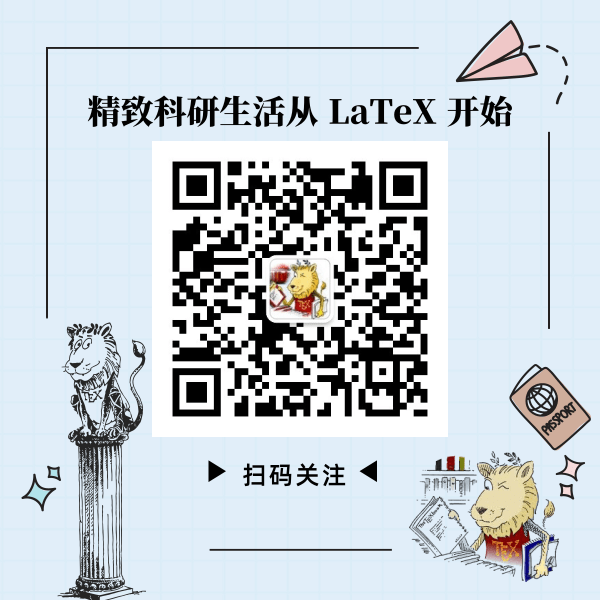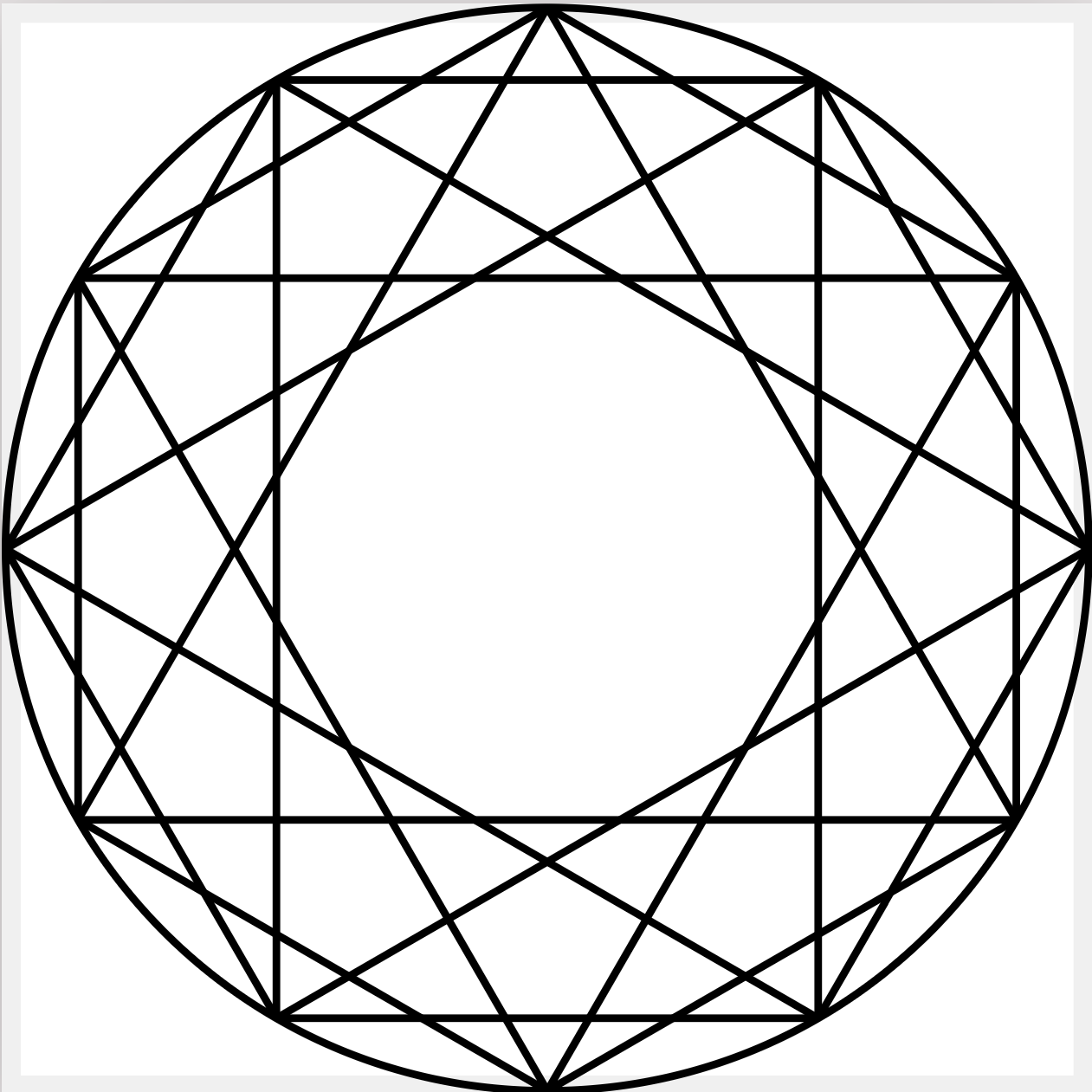将表目录、参考文献等加入到目录以及对应的超链接跳转问题
我需要将一些默认目录结构中不包含的内容,诸如图目录、参考文献等加入到目录中。一种方案是使用tocbibind宏包。这一方案的好处是在加入hyperref宏包下,PDF正文中目录的超链接可以正确跳转至所在页面。但是这一方案有一个问题,比如,如果我对listfigurename进行了额外的样式设计,那么这一宏包会将这种样式设计带入到目录中,而这并非是我想要的结果:如图
我希望目录中的内容保持统一的字号等风格。
另外一种方案是使用addcontentsline。这一方案的优缺点正好跟上一方案相反,即其能在目录中保持统一风格,但超链接跳转未必正常。比如点击图中的ABSTRACT(目录中所有全大写标题均由addcontentsline生成),其并不能直接跳转至Abstract所在页面,反而跳转至了PDF的首页。
所以我的问题是:能否有一个解决方案,使得同时具有以上方案的优点?
\documentclass[UTF8,a4paper]{book}
\usepackage{ctex}
\ctexset{
contentsname={%
\textit{Contents}
},
listfigurename={%
\zihao{3}\centering List of figures
},
bibname={%
References
},
}
\usepackage[nottoc]{tocbibind}
\usepackage[colorlinks=true]{hyperref}
\usepackage{tikz}
\usepackage{graphics}
\title{Name Name Name}
\author{}
\date{}
\begin{document}
\maketitle
WWW
QQQ
XXX
PPP
\newpage
\addcontentsline{toc}{chapter}{ABSTRACT} %点击PDF文件Contents中的ABSTRACT,无法正常定位到ABSTRACT实际所在页面
\centerline{\bfseries ABSTRACT}
AAABBBB
\tableofcontents
\listoffigures %tocbibind宏包虽然可以使得List of figures正确跳转,但是却会额外带着对其的样式设置
\addcontentsline{toc}{chapter}{LIST OF FIGURES}
\chapter{A}
\section{111}
\section{222}
\section{333}
\begin{figure}
\centering
\begin{tikzpicture}
\filldraw[fill=gray!30, draw=black] (0,0) circle [radius=1];
\end{tikzpicture}
\caption{A ball-1}
\end{figure}
\begin{figure}
\centering
\begin{tikzpicture}
\filldraw[fill=gray!30, draw=black] (0,0) circle [radius=1];
\end{tikzpicture}
\caption{A ball-2}
\end{figure}
\begin{figure}
\centering
\begin{tikzpicture}
\filldraw[fill=gray!30, draw=black] (0,0) circle [radius=1];
\end{tikzpicture}
\caption{A ball-3}
\end{figure}
\begin{figure}
\centering
\begin{tikzpicture}
\filldraw[fill=gray!30, draw=black] (0,0) circle [radius=1];
\end{tikzpicture}
\caption{A ball-4}
\end{figure}
\chapter{B}
\section{111}
\section{222}
\section{333}
\begin{figure}
\centering
\begin{tikzpicture}
\filldraw[fill=gray!30, draw=black] (0,0) circle [radius=1];
\end{tikzpicture}
\caption{A ball-1}
\end{figure}
\begin{figure}
\centering
\begin{tikzpicture}
\filldraw[fill=gray!30, draw=black] (0,0) circle [radius=1];
\end{tikzpicture}
\caption{A ball-2}
\end{figure}
\begin{figure}
\centering
\begin{tikzpicture}
\filldraw[fill=gray!30, draw=black] (0,0) circle [radius=1];
\end{tikzpicture}
\caption{A ball-3}
\end{figure}
\begin{figure}
\centering
\begin{tikzpicture}
\filldraw[fill=gray!30, draw=black] (0,0) circle [radius=1];
\end{tikzpicture}
\caption{A ball-4}
\end{figure}
\chapter{C}
\section{111}
\section{222}
\section{333}
\begin{figure}
\centering
\begin{tikzpicture}
\filldraw[fill=gray!30, draw=black] (0,0) circle [radius=1];
\end{tikzpicture}
\caption{A ball-1}
\end{figure}
\begin{figure}
\centering
\begin{tikzpicture}
\filldraw[fill=gray!30, draw=black] (0,0) circle [radius=1];
\end{tikzpicture}
\caption{A ball-2}
\end{figure}
\begin{figure}
\centering
\begin{tikzpicture}
\filldraw[fill=gray!30, draw=black] (0,0) circle [radius=1];
\end{tikzpicture}
\caption{A ball-3}
\end{figure}
\begin{figure}
\centering
\begin{tikzpicture}
\filldraw[fill=gray!30, draw=black] (0,0) circle [radius=1];
\end{tikzpicture}
\caption{A ball-4}
\end{figure}
\chapter{D}
\section{111}
\section{222}
\section{333}
\begin{figure}
\centering
\begin{tikzpicture}
\filldraw[fill=gray!30, draw=black] (0,0) circle [radius=1];
\end{tikzpicture}
\caption{A ball-1}
\end{figure}
\begin{figure}
\centering
\begin{tikzpicture}
\filldraw[fill=gray!30, draw=black] (0,0) circle [radius=1];
\end{tikzpicture}
\caption{A ball-2}
\end{figure}
\begin{figure}
\centering
\begin{tikzpicture}
\filldraw[fill=gray!30, draw=black] (0,0) circle [radius=1];
\end{tikzpicture}
\caption{A ball-3}
\end{figure}
\begin{figure}
\centering
\begin{tikzpicture}
\filldraw[fill=gray!30, draw=black] (0,0) circle [radius=1];
\end{tikzpicture}
\caption{A ball-4}
\end{figure}
\addcontentsline{toc}{chapter}{REFERENCES}
\begin{thebibliography}{9}
\bibitem{111} 1111
\bibitem{222} 222
\bibitem{333} 333
\bibitem{444} 444
\end{thebibliography}
\end{document}














这个MWE来源于我自行设计的毕业论文模板。然而这里的MWE一些设计样式其实是我随便写写的,并不是说我真的一定需要这种样式。我提问题的时候认为,我只需具体表现出将tocbibind宏包会将对listoffigures进行修改样式带入到目录中这一问题即可,并没有必要非得严格使用我在论文模板中相关样式设计。另外其实并不是说我不喜欢ctex宏集设计的样式。原因在于,我的毕业论文中,绝大部分都是英语,少部分是汉语,所以为了照应这种情况,我就利用了ctex宏集进行了英文样式设计,毕竟我之前在设计模板时,只知道利用ctexset来实现对章标题、节标题等内容的样式修改。另外MWE中出现对英文字体使用zihao{3}这种情况,则是因为学校毕业论文要求中只是针对中文写作来说的,虽然允许英文写作,但是并没有额外说明英文写作的要求如何,所以我就默认对中文写作的要求也适用于英文写作。
最后再次感谢您的回答!